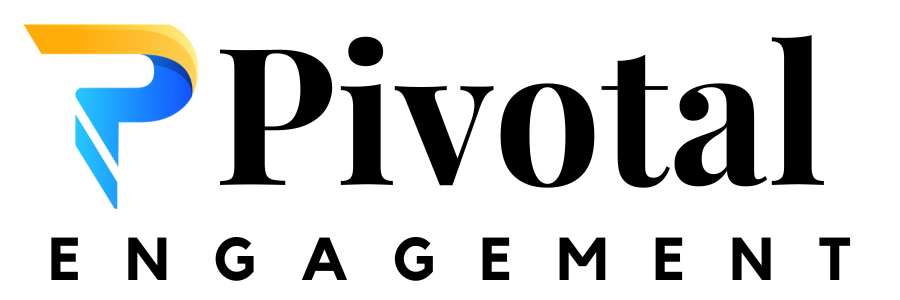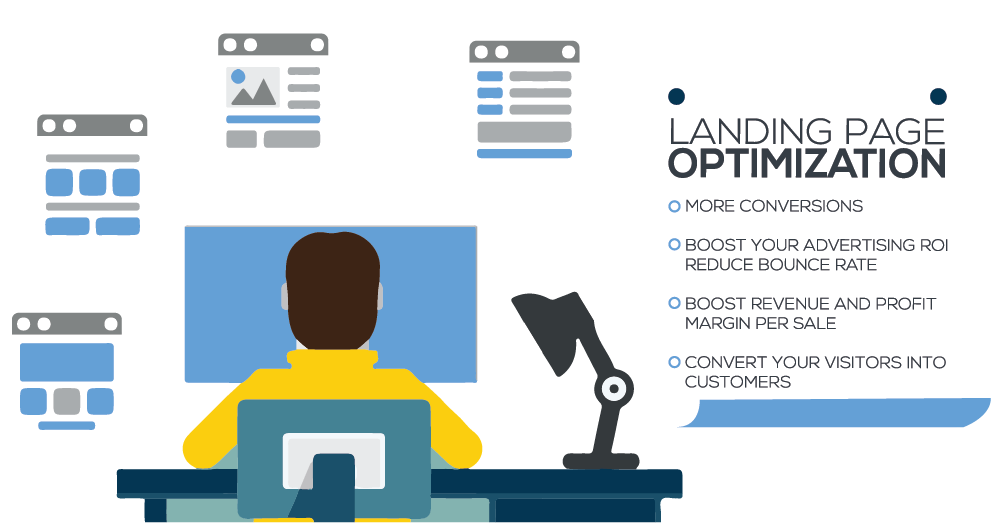Introduction
In today’s digital landscape, a well-optimized online marketing strategy is essential for businesses looking to drive growth, engage audiences, and outperform competitors. A strong strategy leverages data, personalization, and multiple channels to maximize results. In this post, we’ll explore key components to optimize your online marketing efforts for success.
1. Define Your Goals and KPIs
Before diving into tactics, clearly define your objectives. Are you looking to increase brand awareness, generate leads, drive conversions, or retain customers? Establish Key Performance Indicators (KPIs) such as website traffic, conversion rates, cost per acquisition, or customer lifetime value to measure success.
2. Leverage Data-Driven Insights
Data is at the heart of an optimized marketing strategy. Utilize analytics tools like Google Analytics, heat maps, and customer relationship management (CRM) systems to gain insights into audience behavior. Identify trends, optimize campaigns, and refine targeting to maximize ROI.
3. Optimize Your Website for Performance and SEO
Your website is your digital storefront, and optimizing it is crucial for attracting and converting visitors. Key areas to focus on include:
-
Technical SEO: Ensure fast loading speeds, mobile responsiveness, and structured data.
-
On-Page SEO: Optimize metadata, headers, and keyword usage.
-
Content Optimization: Create high-quality, keyword-rich content that provides value to users.
-
User Experience (UX): Improve site navigation, design, and accessibility to enhance engagement.
4. Implement a Multi-Channel Approach
Successful online marketing doesn’t rely on a single channel. Diversify your efforts across multiple platforms, including:
-
Search Engine Marketing (SEM): Utilize Google Ads and Bing Ads for targeted paid campaigns.
-
Social Media Marketing: Engage audiences on platforms like Facebook, Instagram, LinkedIn, and Twitter.
-
Email Marketing: Personalize email campaigns to nurture leads and retain customers.
-
Content Marketing: Publish blog posts, whitepapers, and videos to establish thought leadership.
5. Personalization and Automation
Leverage AI-powered marketing automation tools to create personalized experiences. Utilize segmentation and behavioral data to send relevant messaging, automate workflows, and improve customer engagement across all touchpoints.
6. Analyze and Optimize Continuously
The digital marketing landscape is constantly evolving, requiring ongoing monitoring and adjustments. Regularly assess campaign performance, A/B test ad creatives, and refine strategies based on real-time data to improve outcomes.
Conclusion
Optimizing your online marketing strategy requires a mix of data-driven insights, multi-channel engagement, and continuous refinement. By setting clear goals, leveraging advanced tools, and staying agile, businesses can maximize their digital presence and achieve sustained success. Start optimizing today and stay ahead of the competition!



